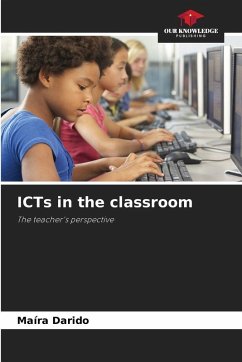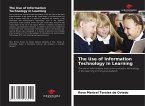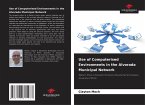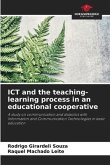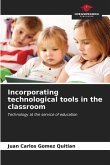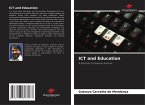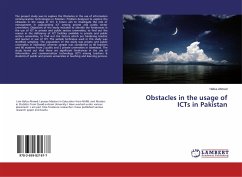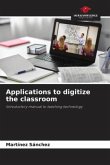Information and Communication Technologies (ICTs) began to be systematically introduced in metropolitan centers, gradually spreading among different social classes, especially from the 20th century onwards. This context of expansion and integration of technologies into society has created new forms of communication, work, transportation, leisure, and interpersonal relationships in different social spaces. Amidst this broad technological development that characterizes modern society and its different social instances, it is possible to identify a current concern arising from public policies regarding the meaningful integration of technologies in schools. The advancement of government projects aimed at using computers as a pedagogical tool, integrated into the school project, is evident. Thus, it is essential to give voice to the protagonist of this change: the teacher. This study sought to investigate teachers' views on ICTs in the school environment, how they are being incorporated into schools, and the limits and possibilities of using ICTs in the learning process.
Bitte wählen Sie Ihr Anliegen aus.
Rechnungen
Retourenschein anfordern
Bestellstatus
Storno

